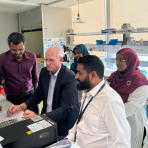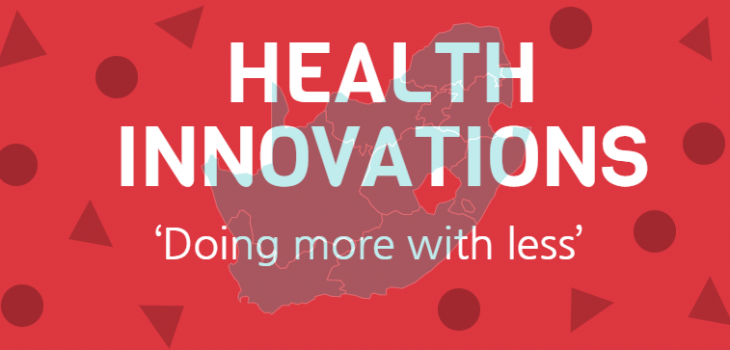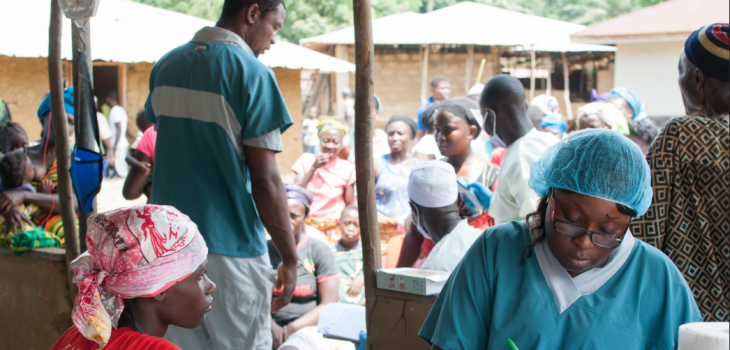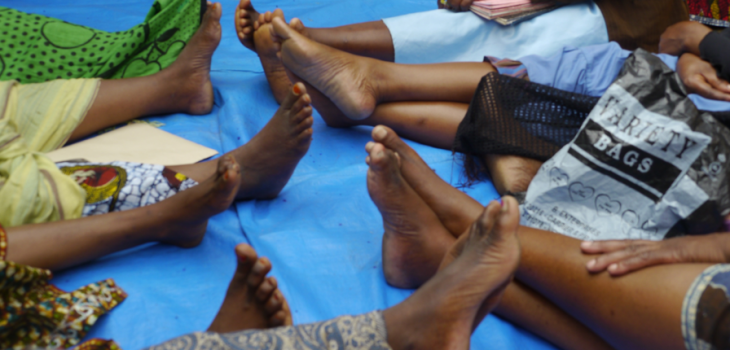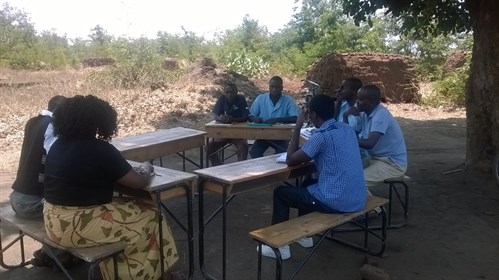By Anna Durrance-Bagale and Mishal Khan (London School of Hygiene & Tropical Medicine)
A UN report released last week highlighted yet again the serious threats to health and economic development posed by antimicrobial resistance (AMR). The report was picked up by newspapers around the world, from New Zealand to…


